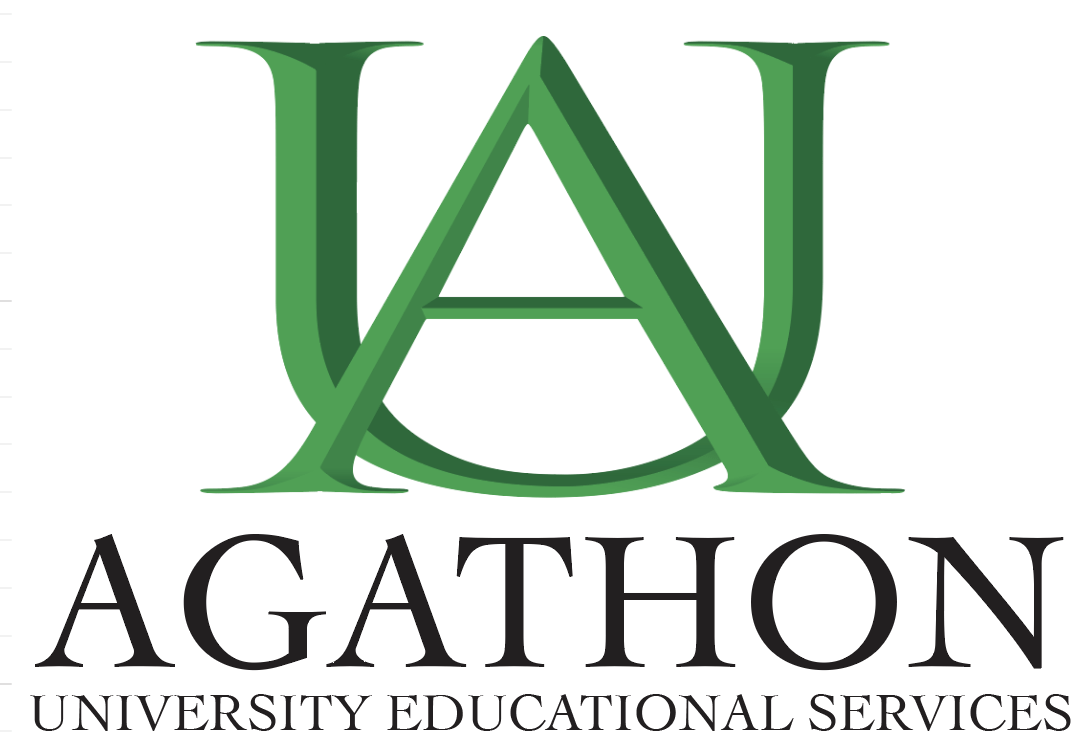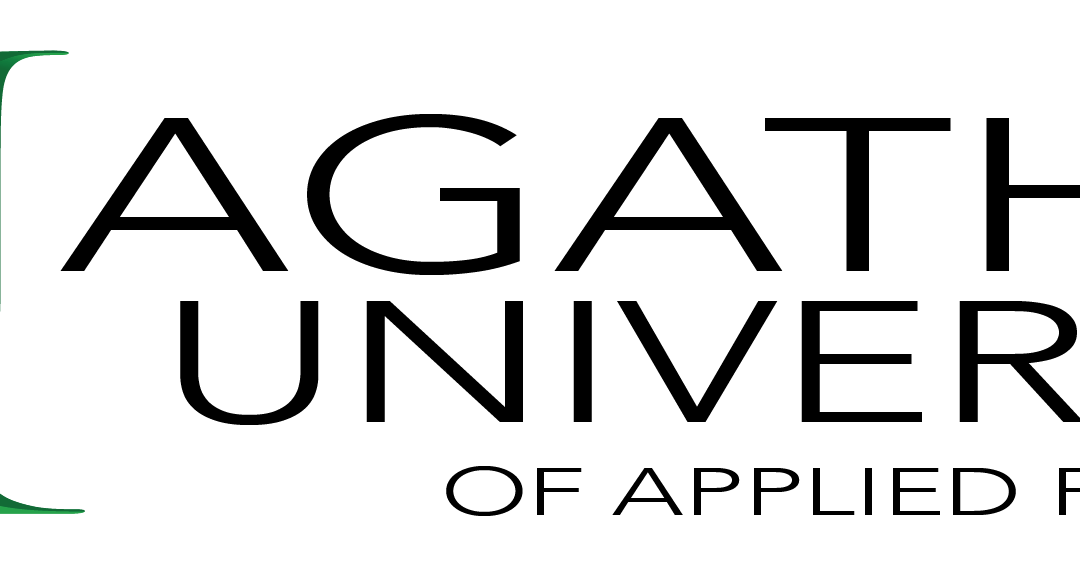
Course Faculty
Jennifer (Jamie) Ervin, Ed.D
Research Professor / Transformative Learning and Leadership
EDUC5501 Research Methods introduces the graduate student to various research design methods. The course emphasizes analysis, methodology, and techniques that can assist the learner to prepare for the master’s thesis or research project.

